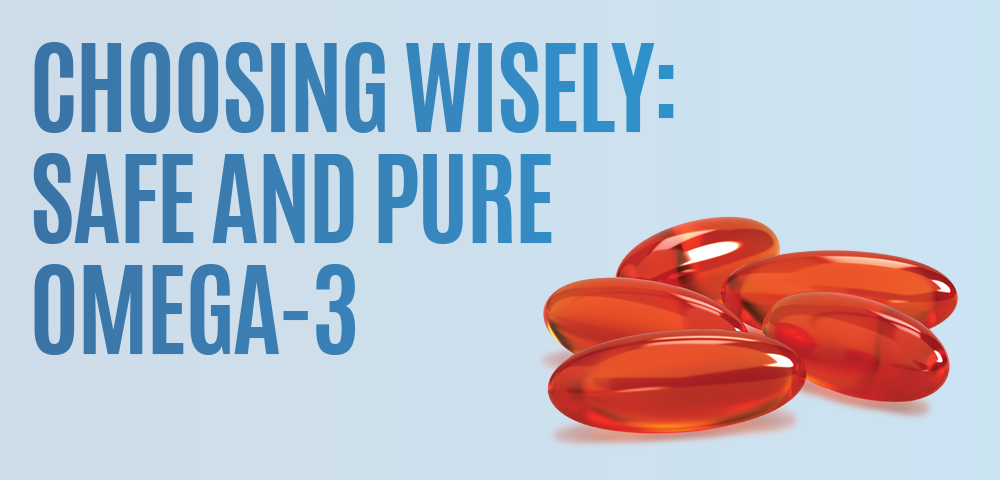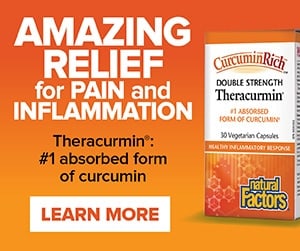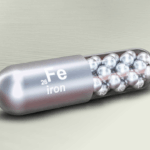
It’s essential to know that not all omega-3 supplements are created equal, especially regarding purity and quality.
There’s no denying the benefits of eating fish. Loaded with omega-3 fatty acids like EPA and DHA, these nutrients are essential for a healthy heart and sharp mind. Omega-3 supplements can help fill this nutritional gap if fish isn’t on your menu. But how safe and pure is your omega-3?
MERCURY CONCERNS
Ocean pollution pervades our waters, filling them with heavy metals, pesticides, and other toxins that harm both marine life and human health. Concern over mercury contamination in fish has persisted for years and continues today. Mercury can exist in different forms, but when exposed to certain microorganisms, such as bacteria, it can convert into a highly toxic compound called methylmercury.
Fish and shellfish accumulate methylmercury through their diets. As these species move up the food chain, concentrations of the compound increase. Not surprisingly, elevated methylmercury remains a persistent threat to the safety of the fish on our plates, and questions the purity of our omega-3 supplements.
IS YOUR OMEGA-3 MERCURY-FREE?
It’s essential to know that not all omega-3 supplements are created equal, especially regarding purity and quality. With so many omega-3 options, look out for these criteria when making your choice:
- Sourced from short-lived fish species. Smaller fish such as sardines and anchovies generally contain lower mercury levels compared to larger fish like swordfish and king mackerel. This is because they have shorter lifespans and accumulate fewer toxins.
- Purified. Fish oil can retain harmful contaminants without proper purification methods during omega-3 production. Advanced techniques such as molecular distillation can help remove mercury and other impurities while preserving the beneficial omega-3s.
- Third-party tested. Thorough testing and certification by reputable third-party organizations, like ISURA®, confirm that supplements adhere to high-quality standards and are free of pollutants. Always check for accredited third-party labels on the packaging.
Studies show that fish oils processed to remove contaminants like mercury are safe and effective sources of omega-3 fatty acids, potentially providing a safer alternative to fish consumption. Make sure your omega-3 supplement reels in all you need for a pure and trusting product to support lifelong health.














